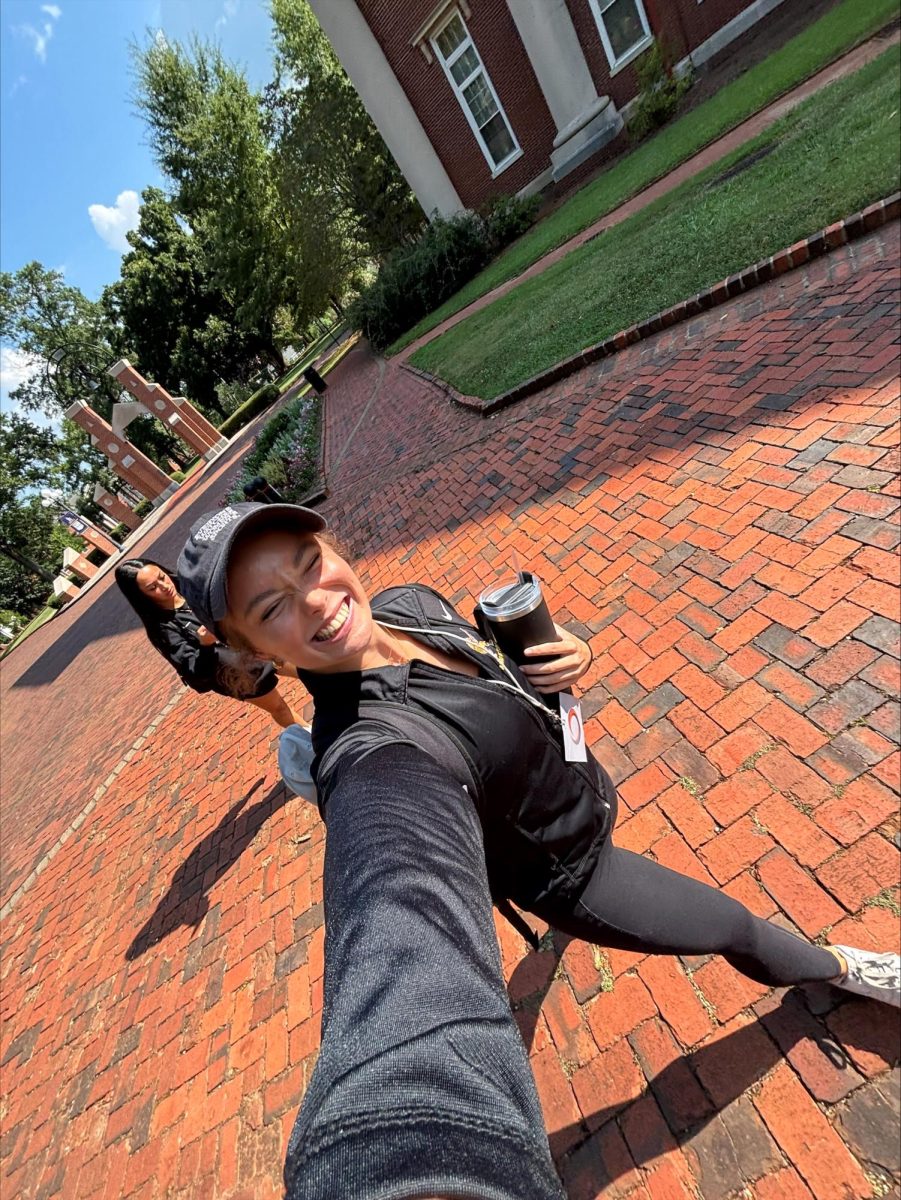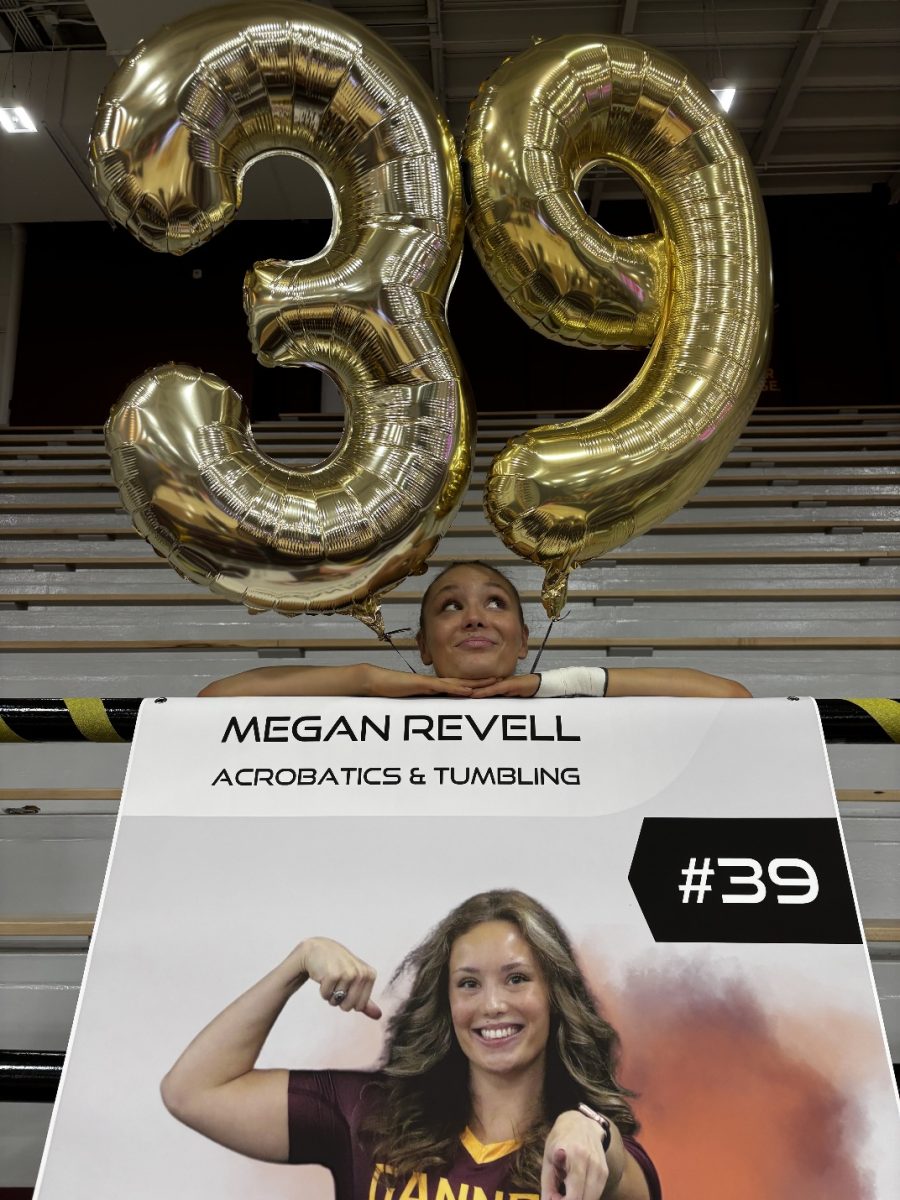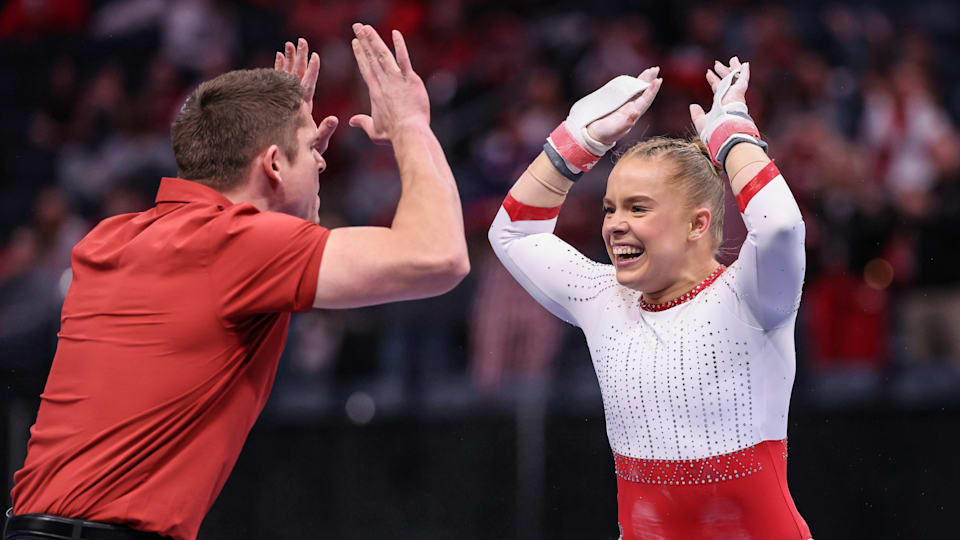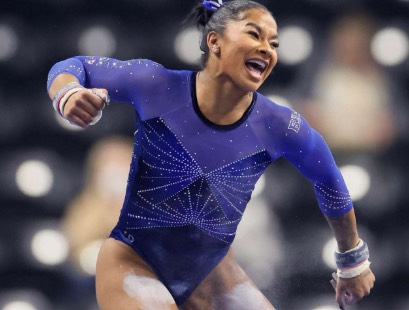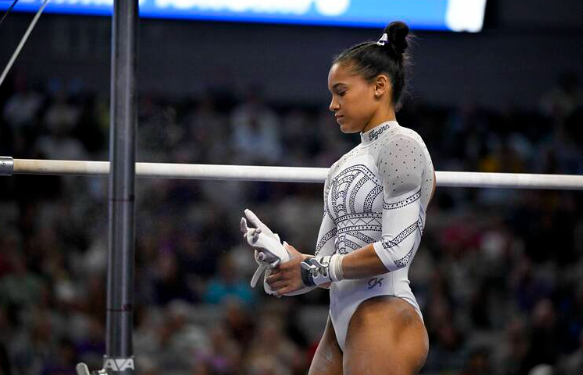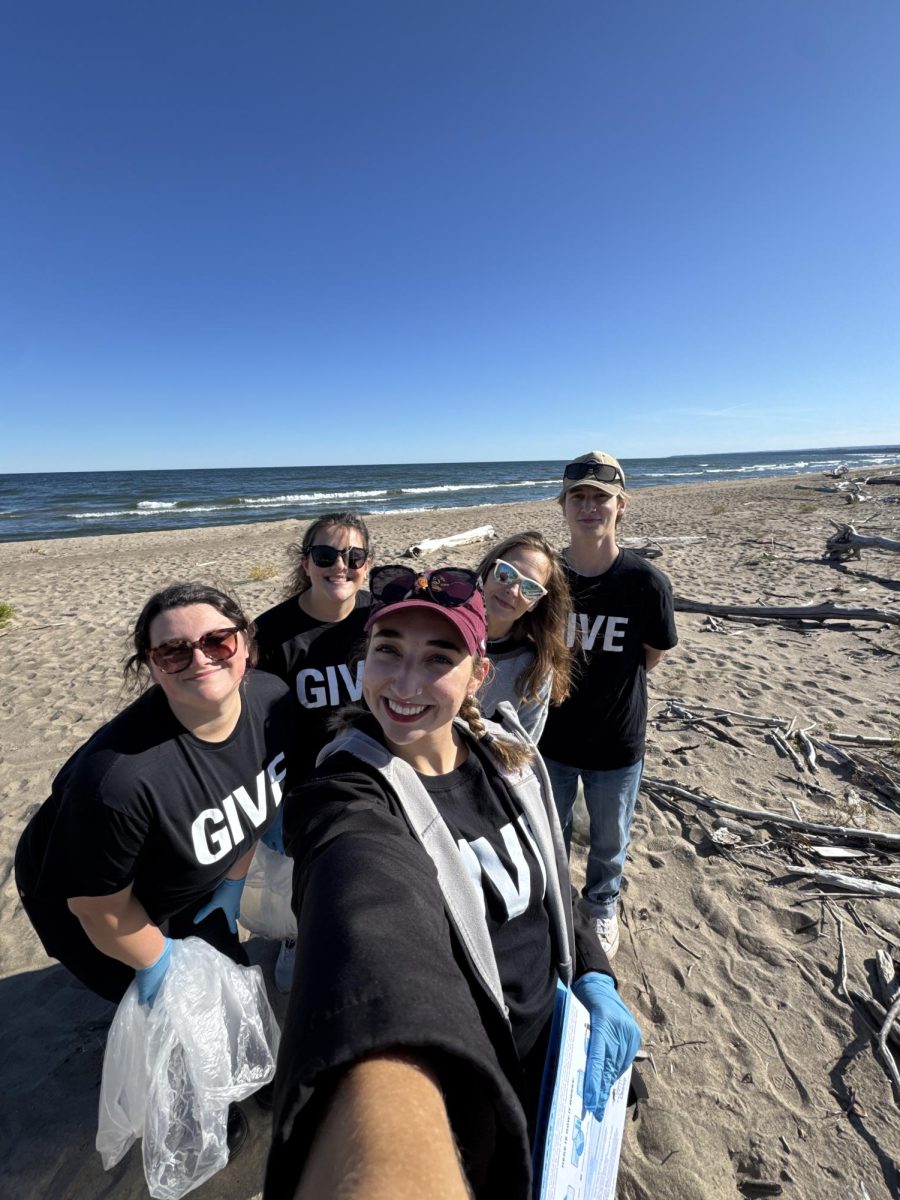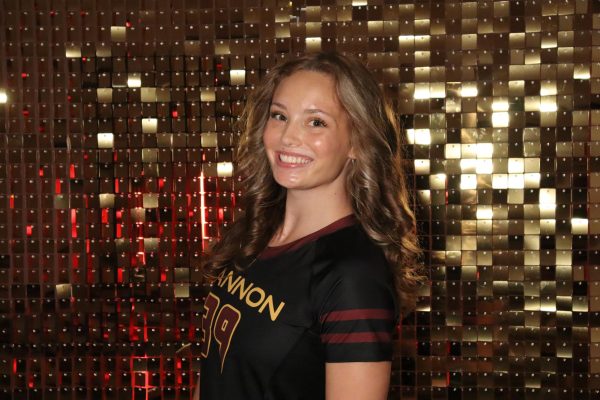February 23, 2024/Midnight
Being an athlete is taxing mentally and physically. The collegiate athlete knows this to an extended level, balancing life as a full-time student and maintaining the necessary caliber as a high-level athlete. Injuries happen, they’re a part of both life and athletics. However, the outcome of an injury can be taken completely out of an athlete’s control, possibly ending their career unexpectedly.

Mckenna Wettstein, a senior on Gannon’s acrobatics and tumbling team tore her Ulnar Collateral Ligament (UCL) in March of her freshman year while still on the acrobatics and tumbling team at Arizona Christian. After a year of rehabilitation, she was cleared to continue training and to compete. Wettstein transferred to Gannon for her junior year, where she re-tore her ligament in January of that year. She continued to compete on it, hoping treatment, taping, and bracing could get her to the end of her senior season. However, in January 2024, she was pulled due to instability. Wettstein plans to undergo surgery to fully reconstruct the UCL and nerve surgery to repair all three main nerves and ligaments damaged from the continued overuse over the years.
“Many times, with injuries, it can be easy to lose yourself which is why I am making sure to stay connected with the team in any way possible” (Wettstein).
A medical retirement differs from a “regular” retirement because it is not typically the athlete’s decision, nor their goal. Many of these athletes have been participating in sports since they could walk or crawl. Retiring athletes may want to be able to end their career on their terms, at the highest level they can that season. At the end of Mckenna’s junior season, she competed at the NCATA National Championships on a top-five nationally ranked team, with a torn UCL.
“One moment in my career that I wish I could tell my younger self about was going to nationals. It was a surreal moment, and I wish I could have told the younger me that everything was going to work out how it is supposed to. It is all a part of God’s plan, and I am forever grateful for that” (Wettstein).
Wettstein explains that since her retirement, she has both struggled and found peace in missing the athlete within her. This can be common with any retiring athlete, struggling to find who they are post-sport or post-graduation.
“The hardest thing to come to terms with after retirement is not having my outlet anymore. Acro has always been my safe space where I can forget about all the stress and craziness in life and not having that has been a difficult change- one upside has been having some time to reflect and discover who I am without being an athlete which has allowed me to find my peace in all the changes” (Wettstein).
“My athletic career has allowed me to live on both sides of the country, where I have met the most amazing friends, and have experienced the coolest things, all while creating amazing connections that will last a lifetime. My athletic career has opened doors of opportunity for me that I never thought were possible and my gratitude is through the roof. My only advice to anyone in a similar situation is to stay positive, be grateful you got to do the sport you love and lean on God because he’s always there” (Wettstein).



